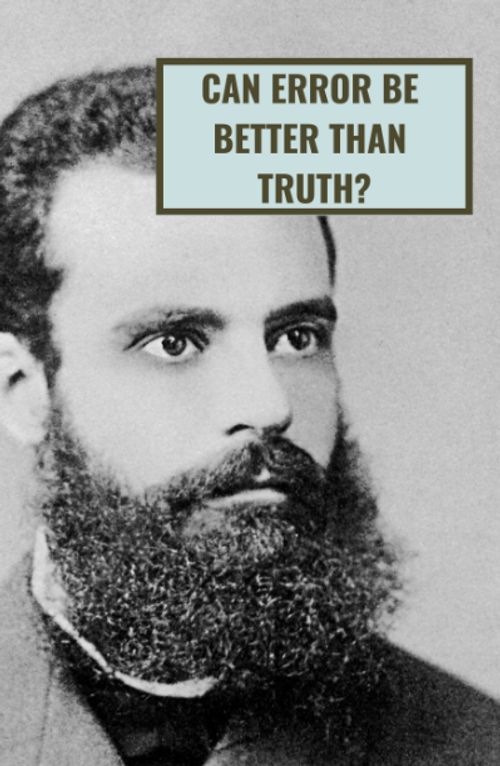The Pareto Principle, why democracy turns on itself, and other insights
Jun 29, 2022 · 2 mins read
0
Share

Introduction. Vilfredo Pareto was an Italian philosopher and economist. His ideas are common in political conversations today: the pareto principle, the circulation of elites, and more. Discover 9 insights from Pareto on revolutions, democracy, and more 👇
Save
Share
Fruitful error v/s Sterile truth: “Give me the fruitful error any time, full of seeds, bursting with its own corrections. You can keep your sterile truth for yourself.” A fruitful error is a wrong turn that takes you to interesting destinations you didn't have in the itenirary.
Save
Share
Who actually leads revolutions: “It is a know fact that almost all revolutions have been the work, not of the common people, but of the aristocracy, and especially of the decayed part of the aristocracy.” Revolutions are more elite infighting and less mass rebellion.
Save
Share
Strength is paramount: “The world has always belonged to the stronger, and will belong to them for many years to come. Men only respect those who make themselves respected. Whoever becomes a lamb will find a wolf to eat him.”
Save
Share
It's politically unwise to be honest about your actual intentions: "Assume that the new elite were clearly and simply to proclaim its intentions which are to supplant the old elite; no one would come to its assistance, it would be defeated before having fought a battle."
Save
Share
Democracy turns on itself: “Increase in the wealth per capita fosters democracy; but the latter...entails great destruction of wealth and even eventually dries up the sources of it. Hence it is its own grave-digger, it destroys what gave it birth." Is Pareto right here?
Save
Share
People have "diverse natures" and yet desire "to be equal." Therefore democracy provides "the appearance of power in the people and the reality of power in an elite."
Save
Share
Good intentions, bad results: "The intent of sincere humanitarians is to do good to society, just as the intent of the child who kills a bird by to much fondling is to do good to the bird."
Save
Share
Human schemes are constrained by the immovable law of nature: "Above, far above the prejudices and passions of men soar the laws of nature. Eternal and immutable, they are the expression of the creative power they represent what is, what must be, what otherwise could not be."
Save
Share
The famous Pareto principle: “80% of results come from 20% of effort." Returns in life aren't linear and predictable. You don't need to win 100 out of 100 times - you just need big enough victories 20 times so that it makes up for the rest of the failures.
Save
Share
0